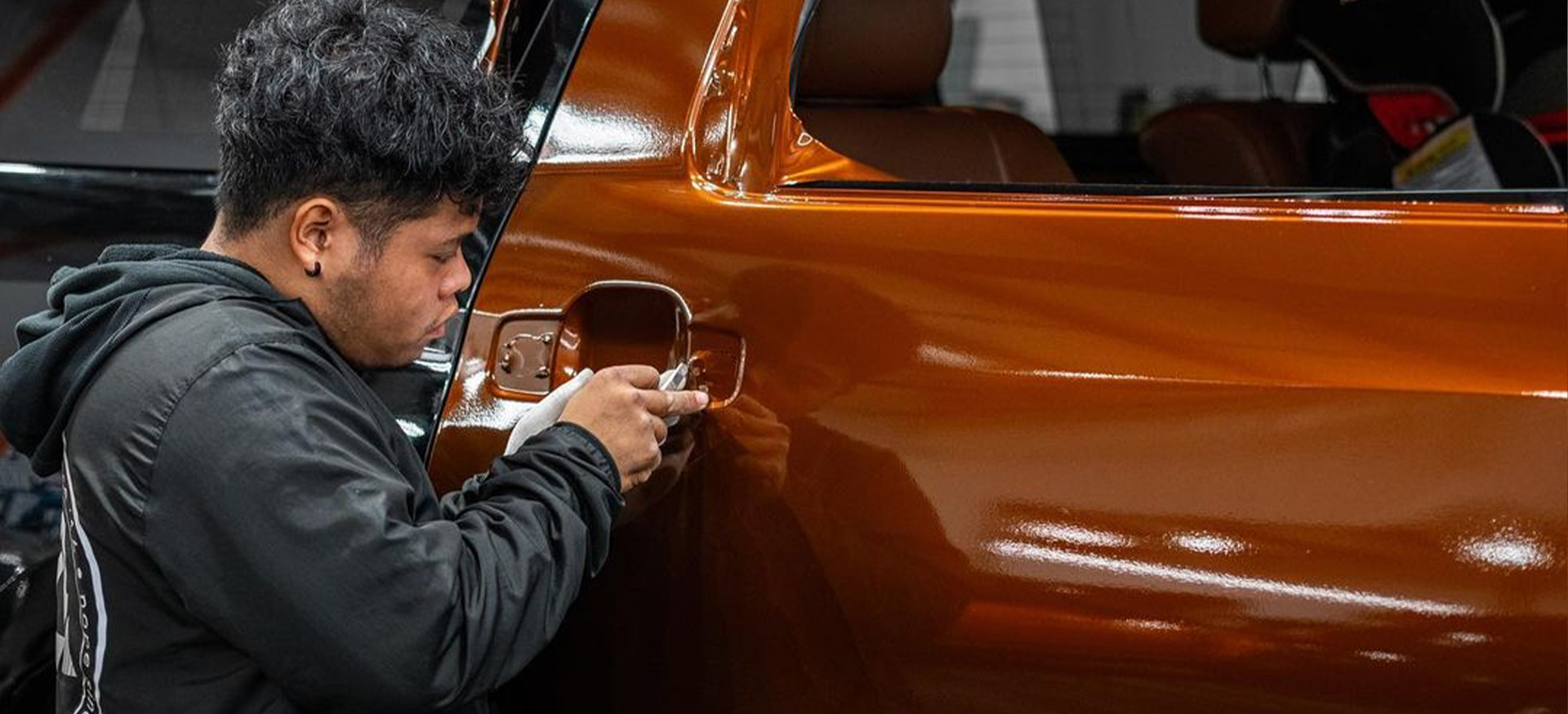
DIY Vinyl Wrapping vs Professional: Pros and Cons
If you clicked on this article, you’re probably considering wrapping your own vehicle and want to know if it’s worth saving a few hundreds or
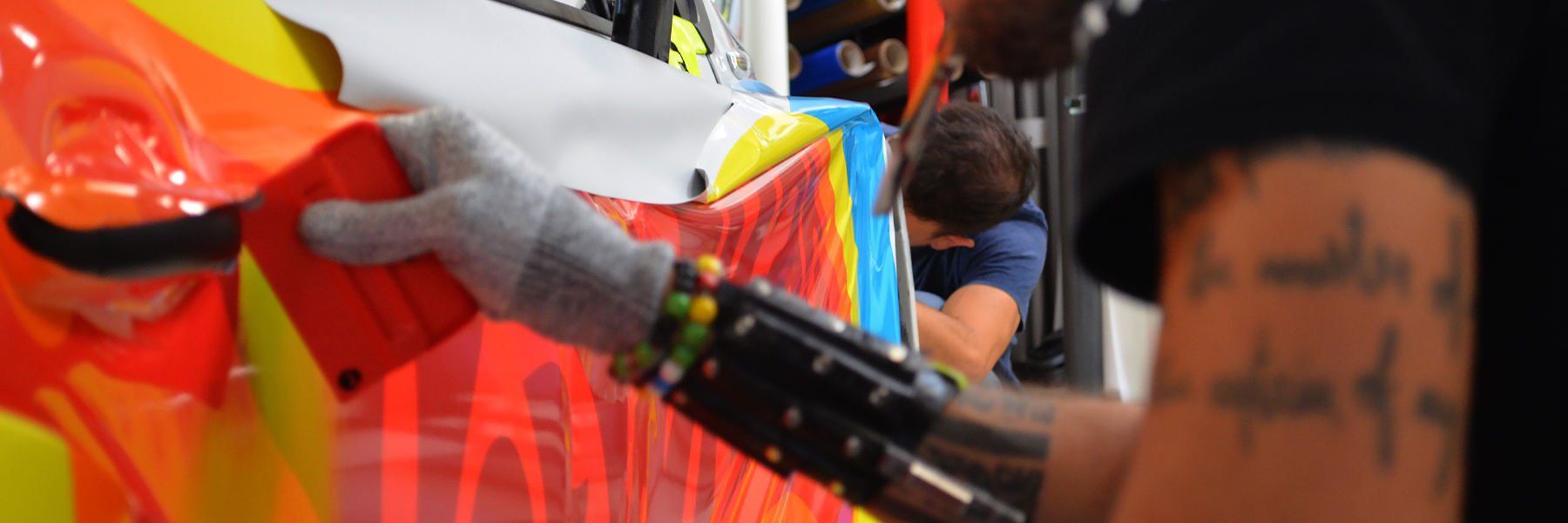
So you’re contemplating diving into the world of the car wrapping business. You see the income potential but have limited or no experience wrapping cars and you might have encountered the debate on whether certification is necessary. In a realm where creativity meets craftsmanship, you may have asked yourself the question: Do I need to be certified to start a car wrap business?
Vinyl wrapping has become the “cool kid” on the block in the automotive customization world gaining traction for its versatility and ability to cater to diverse tastes. Whether it’s a matte black finish, vibrant colors, or intricate designs, vinyl wraps allow car owners to express their individuality without committing to permanent alterations. The cost-effectiveness and ease of removal also make it an attractive option for those who enjoy frequently changing the look of their vehicles.
However, vinyl wrapping is not a walk in the park but rather an art form that demands finesse and serious attention to detail. Still the question remains, is certification necessary to kickstart a business?
Let’s peel back the layers.
While it may seem straightforward, the application of vinyl requires precision to ensure a seamless, bubble-free finish. Wrappers must possess the skills to navigate around curves, edges, and tight spaces on a vehicle’s surface. Understanding how to stretch the material without distorting the design and creating a uniform appearance across panels is crucial.
As the car wrapping industry evolves, so do the perceptions around certification. While some clients may find assurance in their installer attending car wrap classes and becoming a certified professional, others may prioritize a wrapper’s portfolio and reputation over a certificate on the wall.
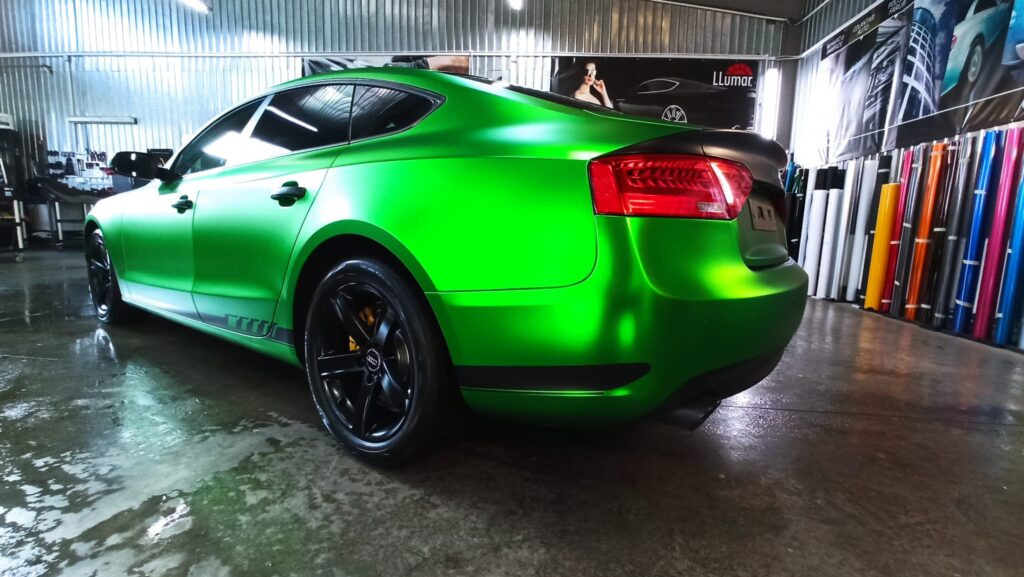

It’s important to note that, in many places, certification is not a legal prerequisite for starting a car wrapping business. Granted you already have experience wrapping cars and the capital to do so, you could start your wrapping business today. The decision to seek certification is often a personal one, influenced by factors such as career aspirations, business goals, and the desire for professional growth. Let’s break down the pros and cons of obtaining a certification.
Okay, so let’s talk pros. First off, if you’re into structured learning, vehicle wrap classes and a certification exam might be for you. They’ll walk you through the ABCs of vinyl wrapping – surface prep, choosing the right film, cutting like a pro, and nailing the installation. Plus, having that certificate in your back pocket can be your golden ticket when it comes to pricing your services. Customers might feel more at ease knowing you’ve got some official stamp of approval. It’s like saying, “Hey, I’m not just winging it; I know my stuff and can guarantee the quality of my work!”. Let’s cover some additional benefits of becoming a certified installer.
Certification exams are meticulous and really push an installer to know their craft. They are conducted under time constraints, assessing participants on their vinyl application proficiency across a range of vehicle panels. Not only does it test an installers practical application but some certification programs also require completion of a written exam as well. You can see how becoming certified separates the novice from the pros.
Let’s face it – in a business where aesthetics and precision matter, credibility is key. A certification can act as a badge of honor, signaling to clients that you’ve invested time and effort to master the craft. It’s a trust-building tool that can set your business apart in a competitive landscape.
Certification programs often serve as hubs for like-minded individuals in the industry. The networking opportunities they provide can open doors to collaborations, partnerships, and valuable insights and in some cases grant you placement in Certified Installer Network. In a business where connections matter, this is no small advantage.
While the decision to become a certified installer undoubtedly carries its advantages, it’s only fair to shed light on the potential drawbacks that come with it. It’s essential for you to weigh these factors against the undeniable perks and carefully evaluate whether becoming a certified installer aligns with their career goals and preferences.
Certifications come at a price. For budding entrepreneurs watching their budgets, the cost of a certification exam might seem like a hurdle rather than a gateway. This financial investment can be a factor when just starting your business.
Some argue that hands-on experience trumps a certificate. The practical knowledge gained from tackling real-world challenges, working with diverse vehicles, and perfecting techniques through trial and error can be an invaluable teacher. The streets, they say, are the ultimate classroom.
Perhaps the sweet spot lies in a balanced approach. Entrepreneurs can harness the benefits of certification to refine their skills and boost credibility while simultaneously gaining practical experience through real-world projects. This hybrid model acknowledges the value of both formal education and hands-on learning.
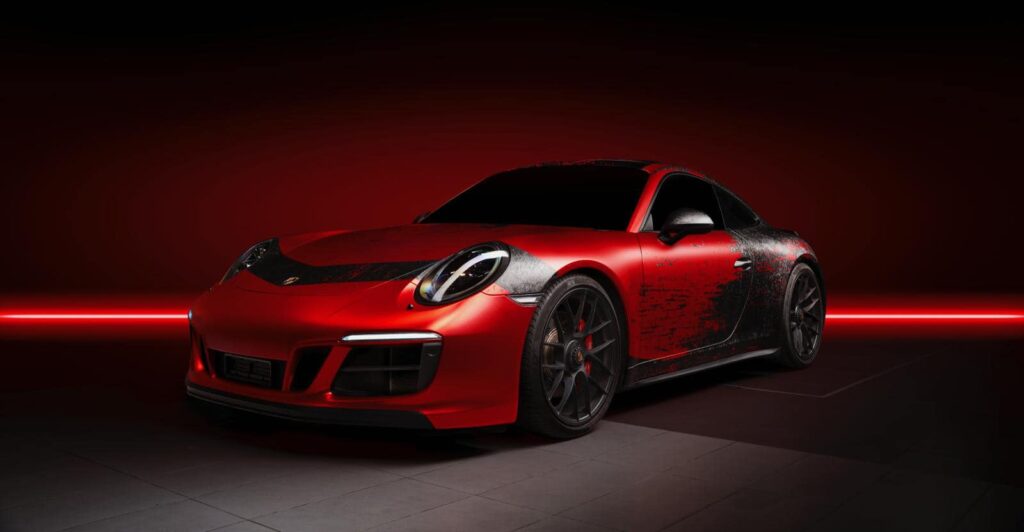
In the end, the certification dilemma is all about what works best for your goals and aspirations. Consider the pros and cons, think about your budget, and gauge how much your target market values a certificate. Whether you’re armed with a certificate or diving into the wrapping world hands-first, success boils down to passion, skill, and knowing your clients.
So, peel off the doubts, stick on that vinyl, and drive your car wrapping business toward success!

If you clicked on this article, you’re probably considering wrapping your own vehicle and want to know if it’s worth saving a few hundreds or
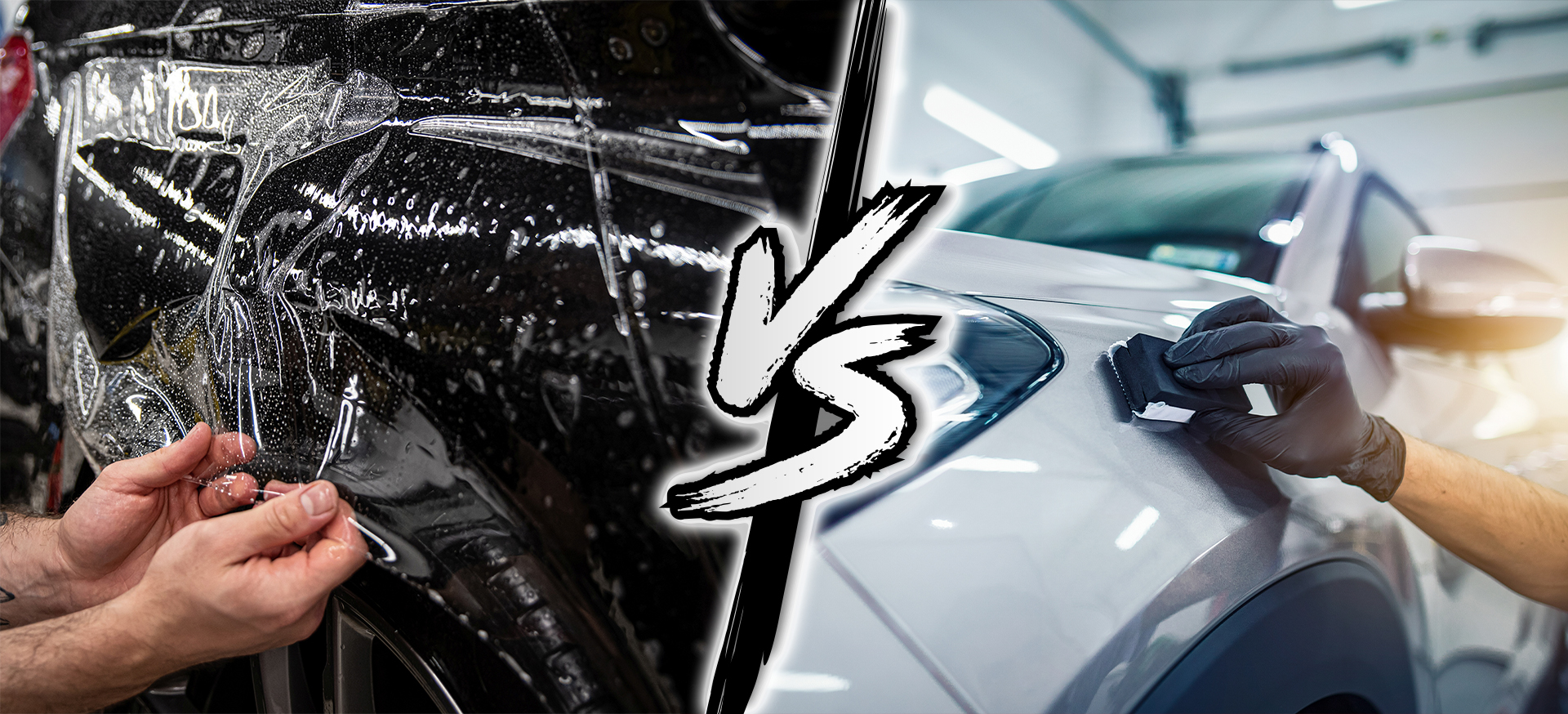
When it comes to protecting your vehicle’s paint and maintaining its pristine look, two popular options often come to mind: Paint Protection Film (PPF) and
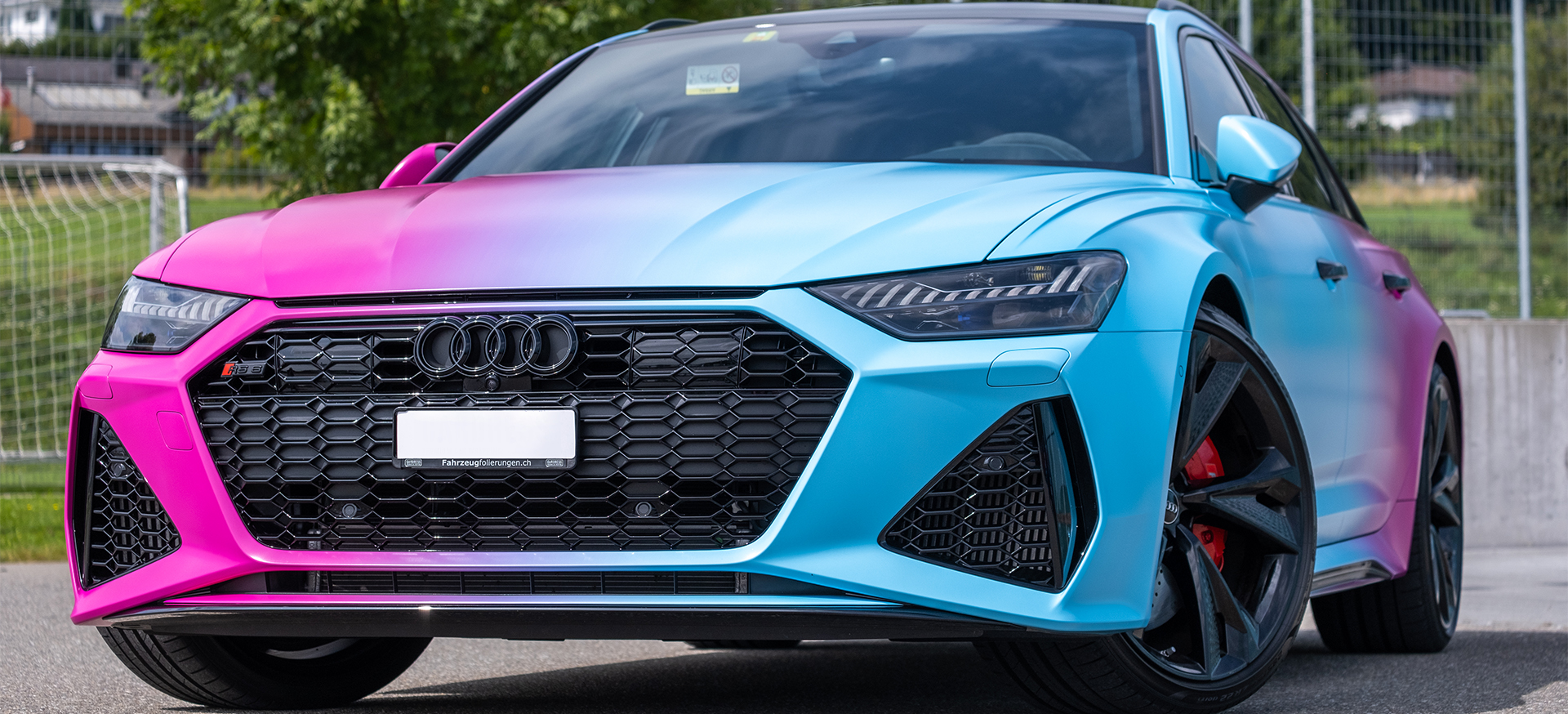
Vinyl wraps have increasingly become the popular choice to change the appearance of a vehicle offering a temporary and customizable solution that can easily be

Vinyl car wraps are a fantastic way to give your vehicle a new look without the permanence of a paint job. From bold colors to
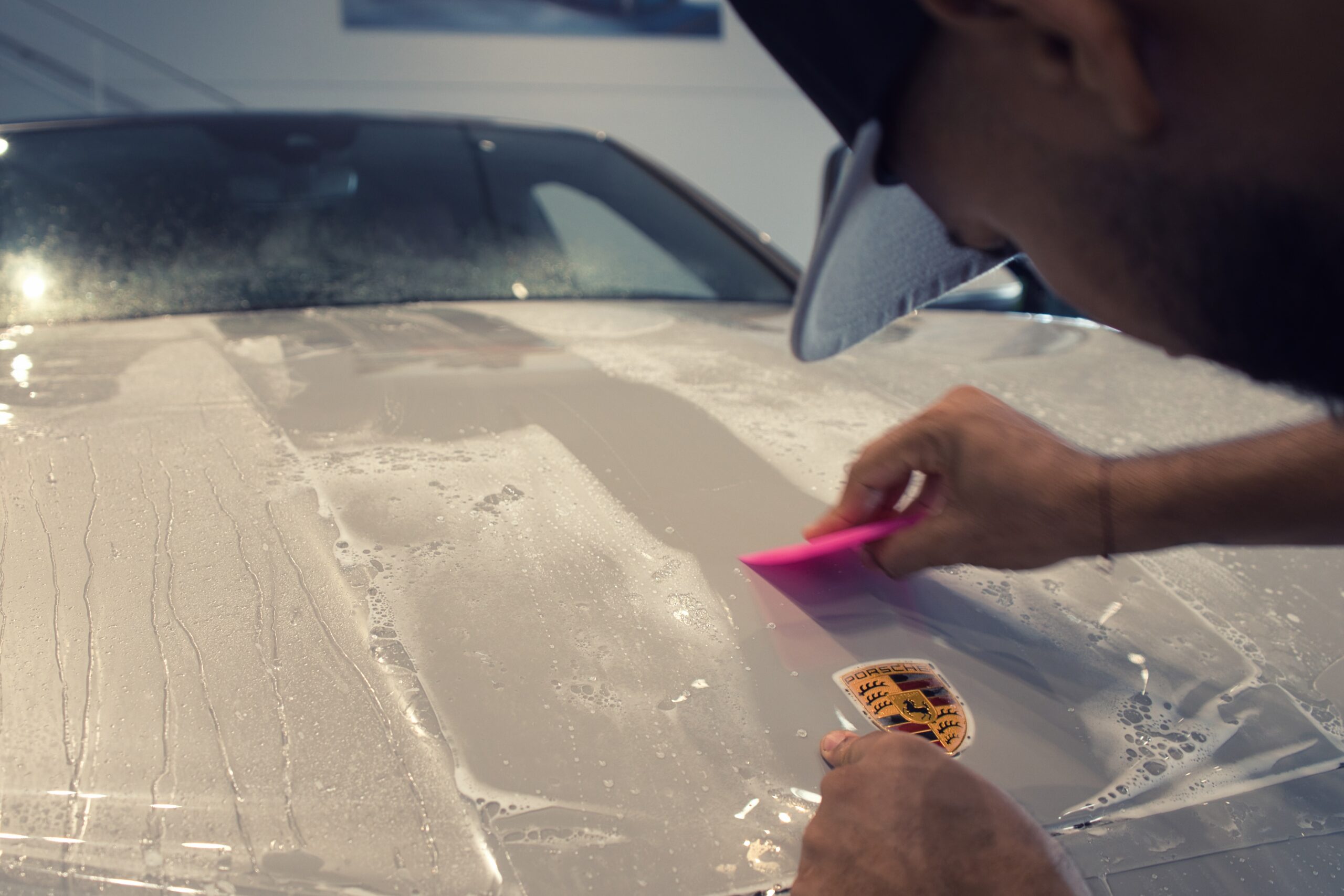
Your car is your pride and joy, a testament to your style and personality. You try your best to keep it in pristine condition to